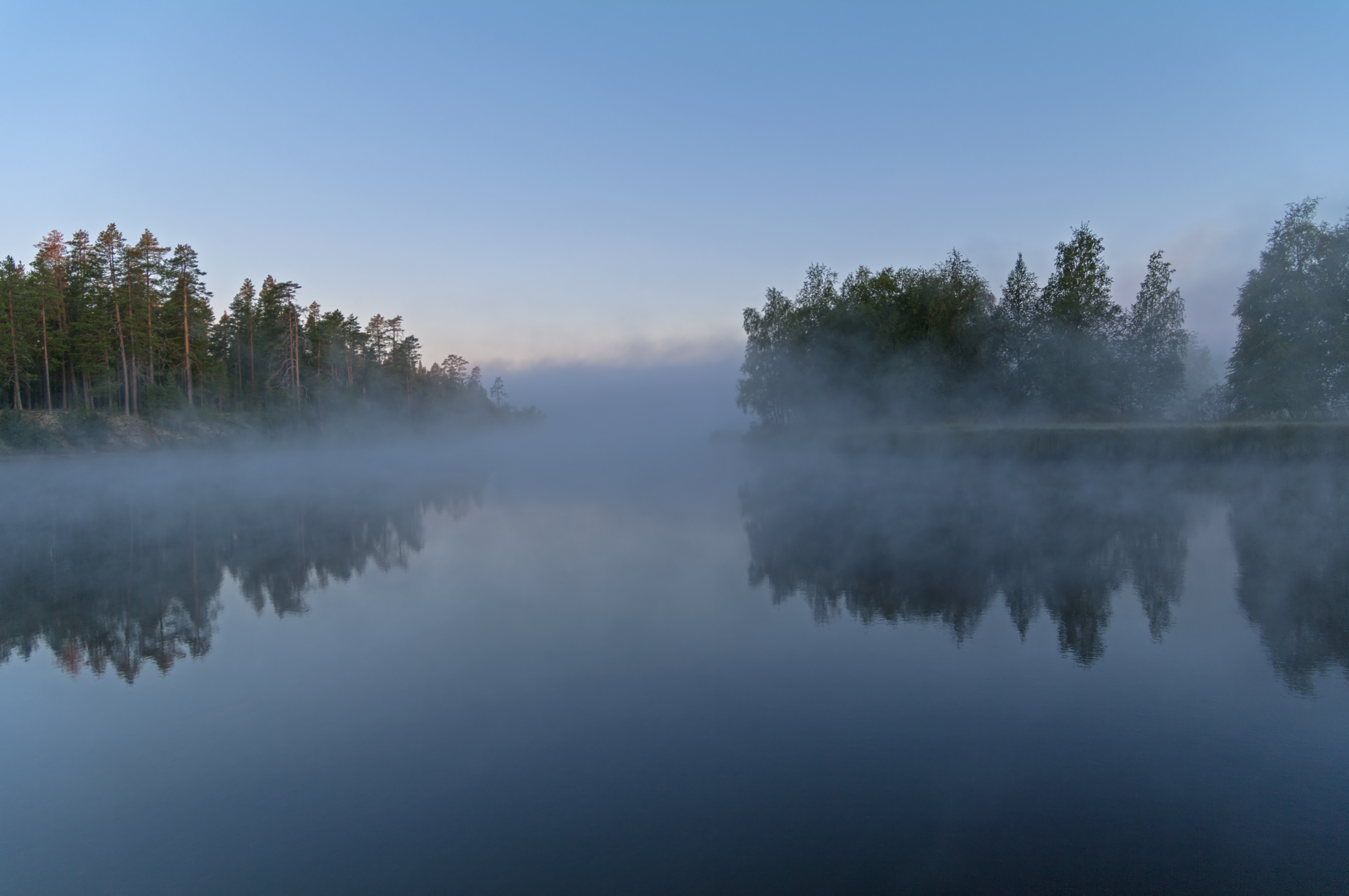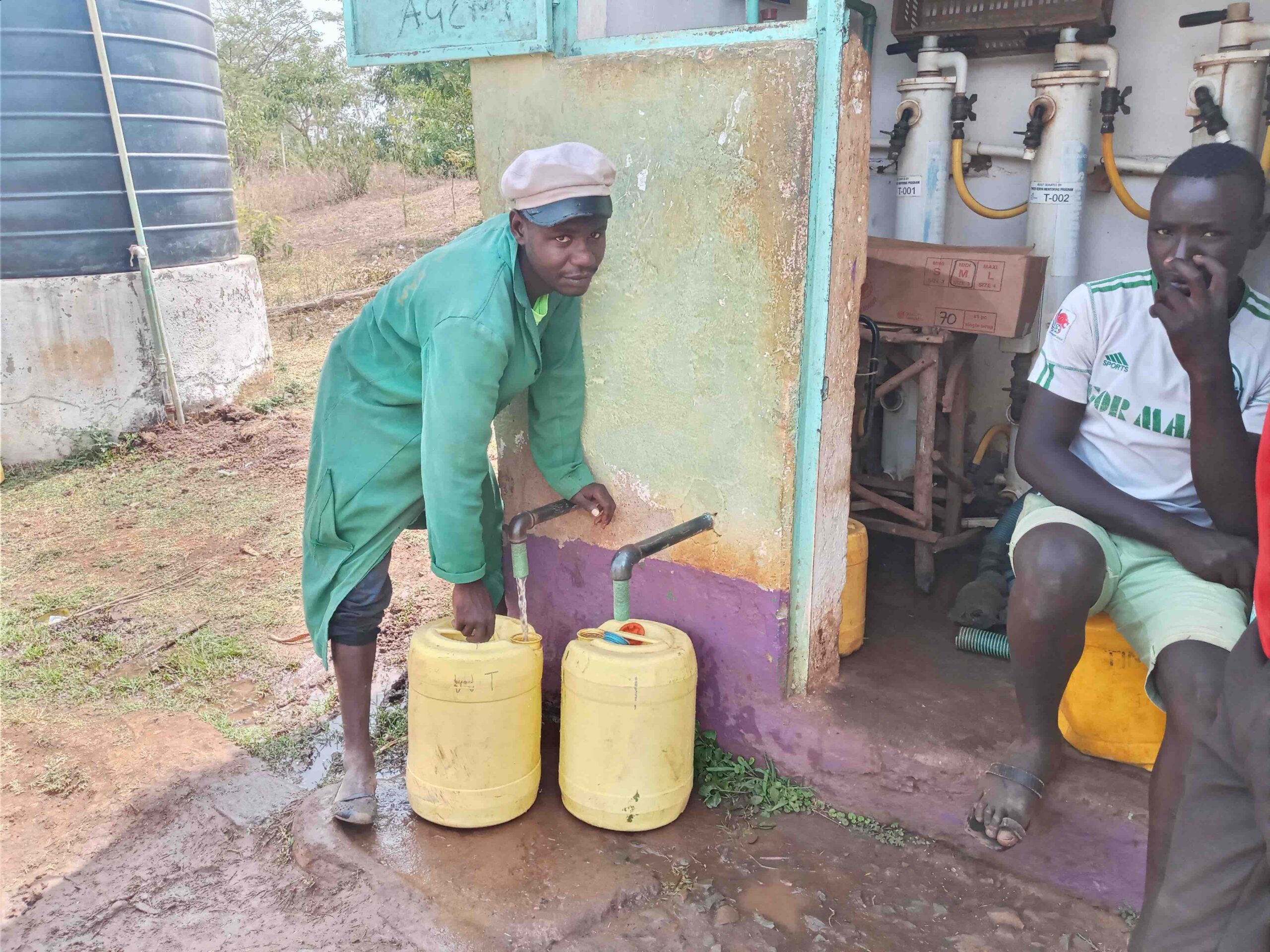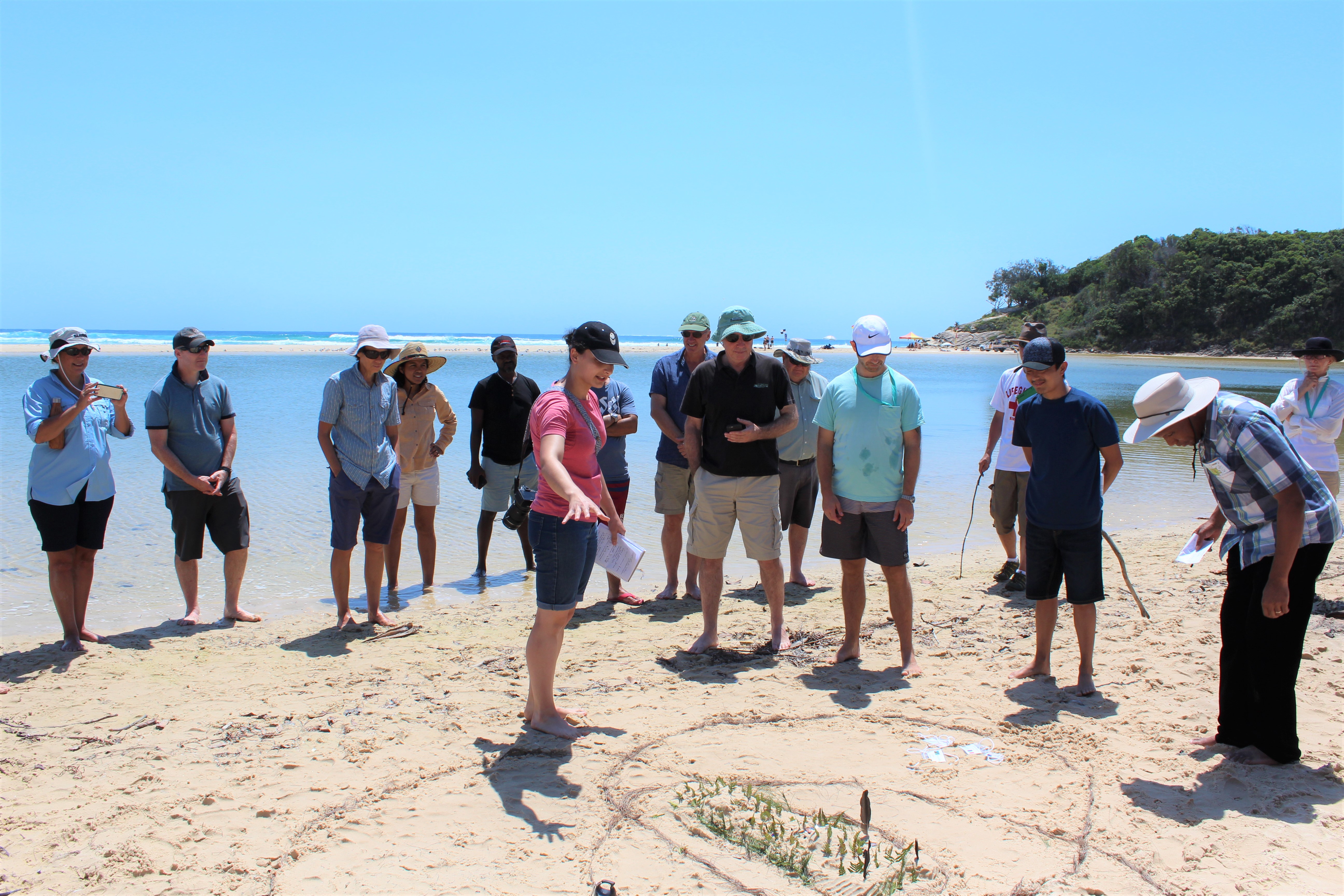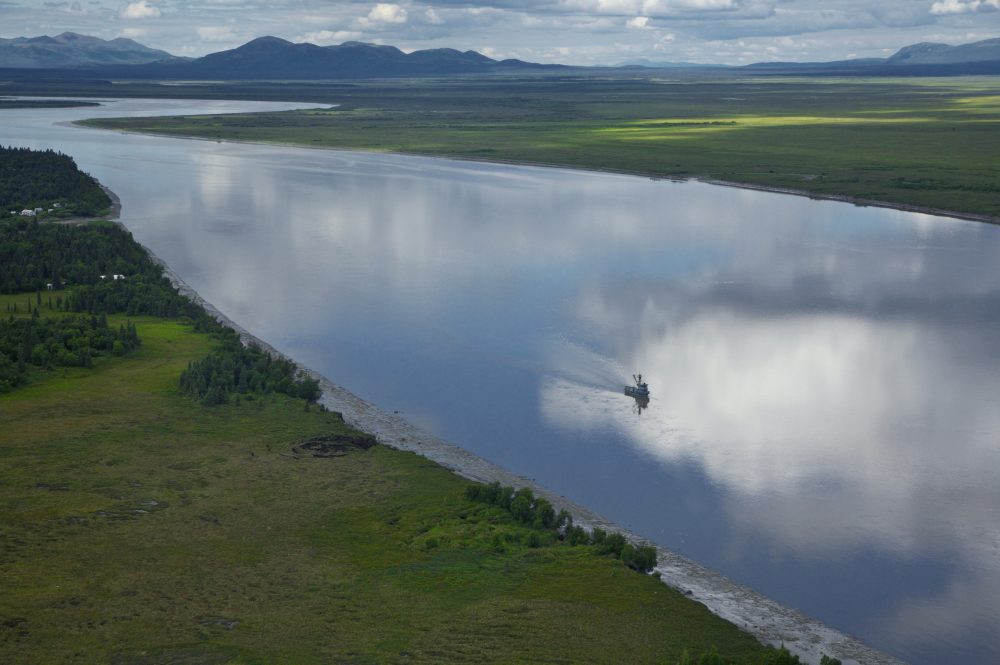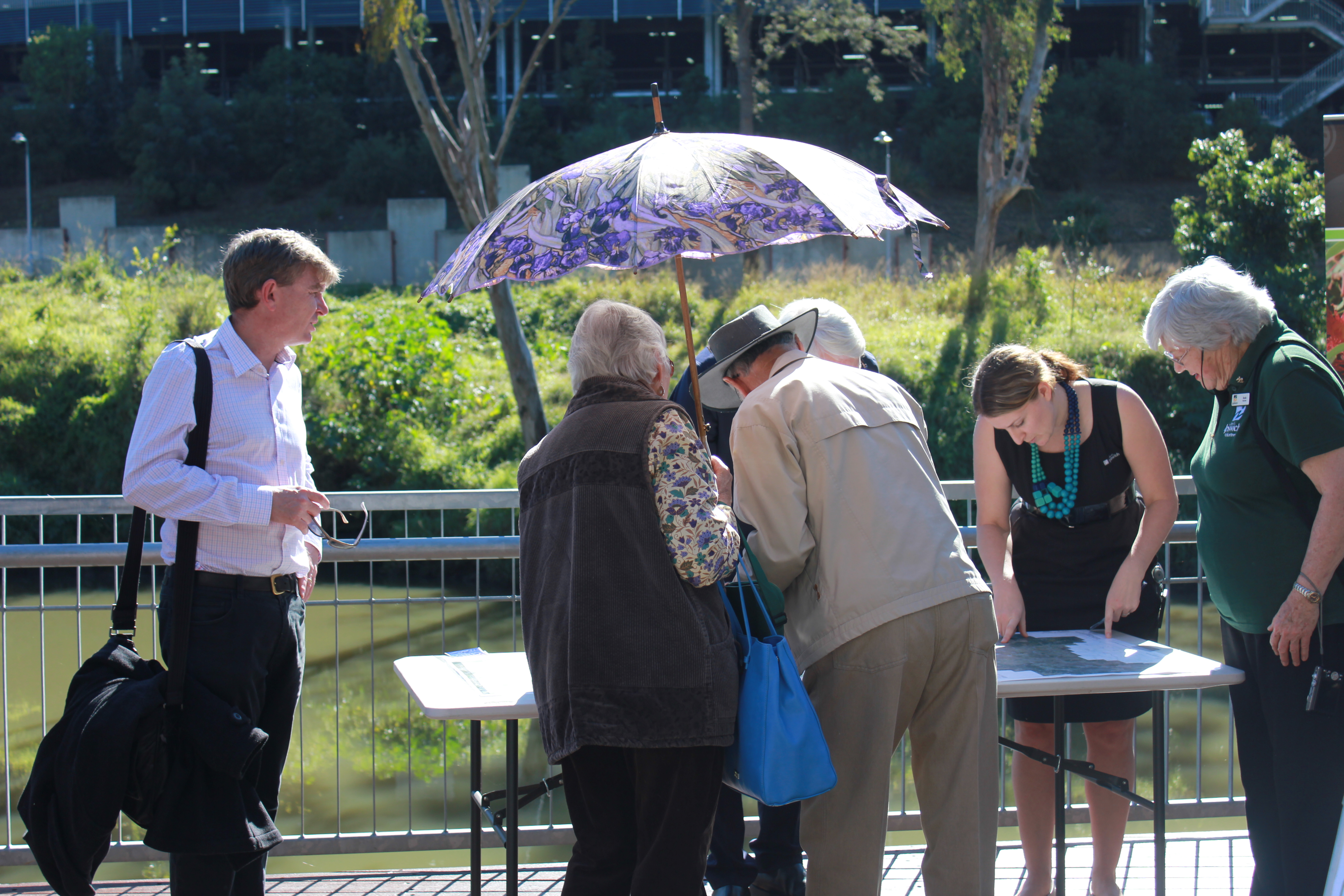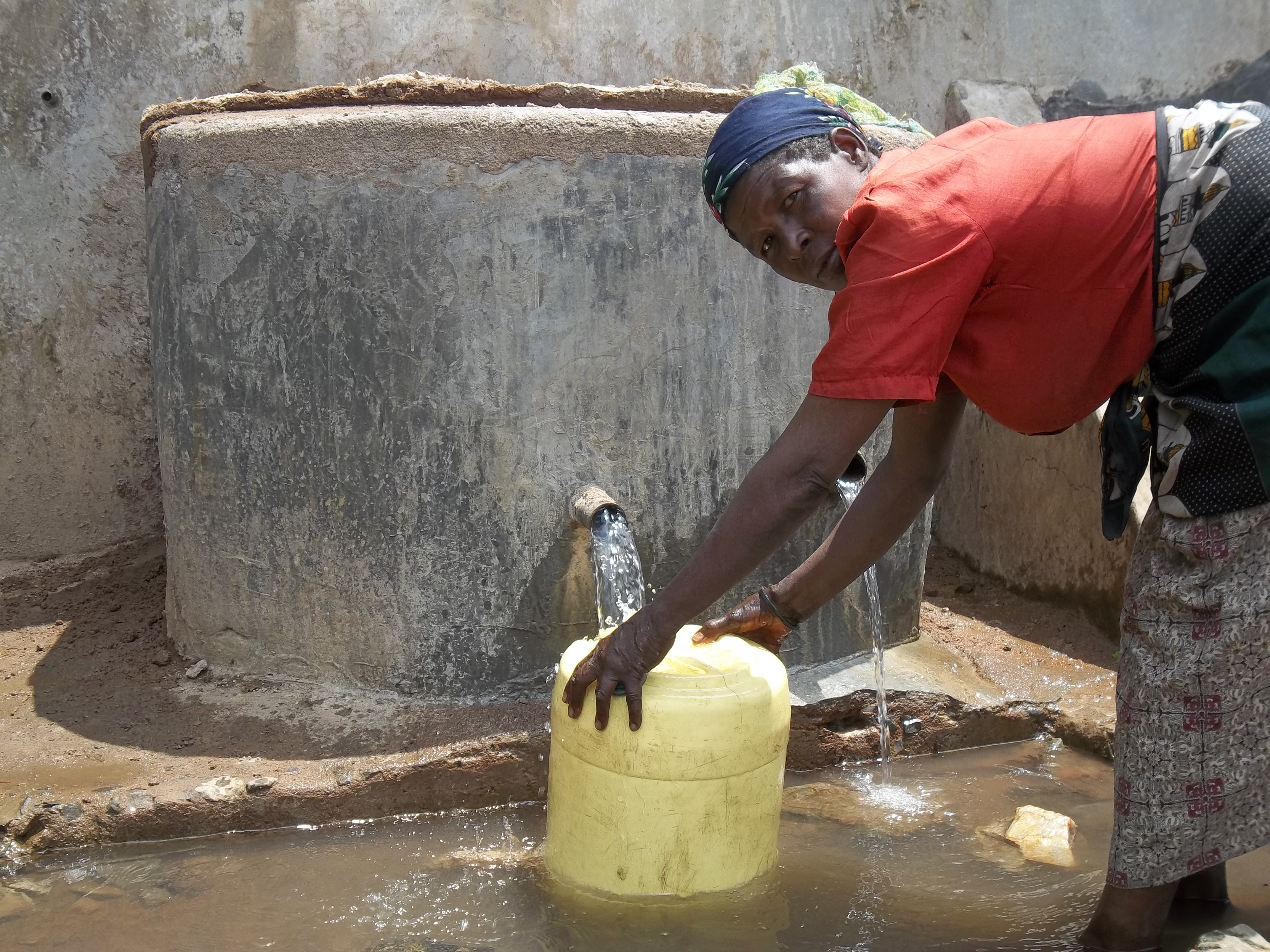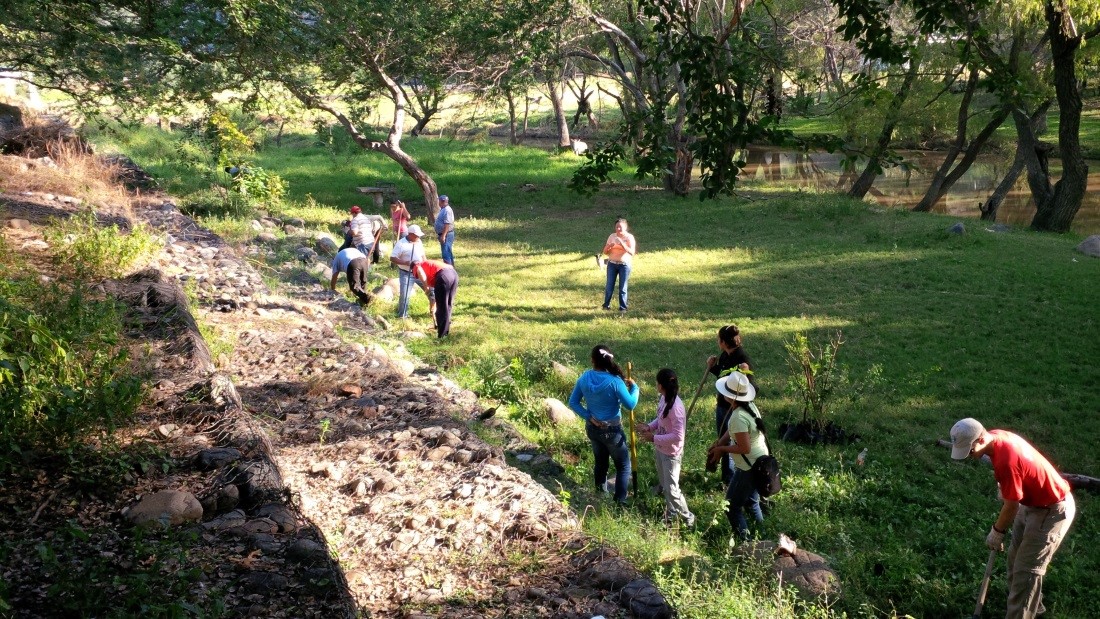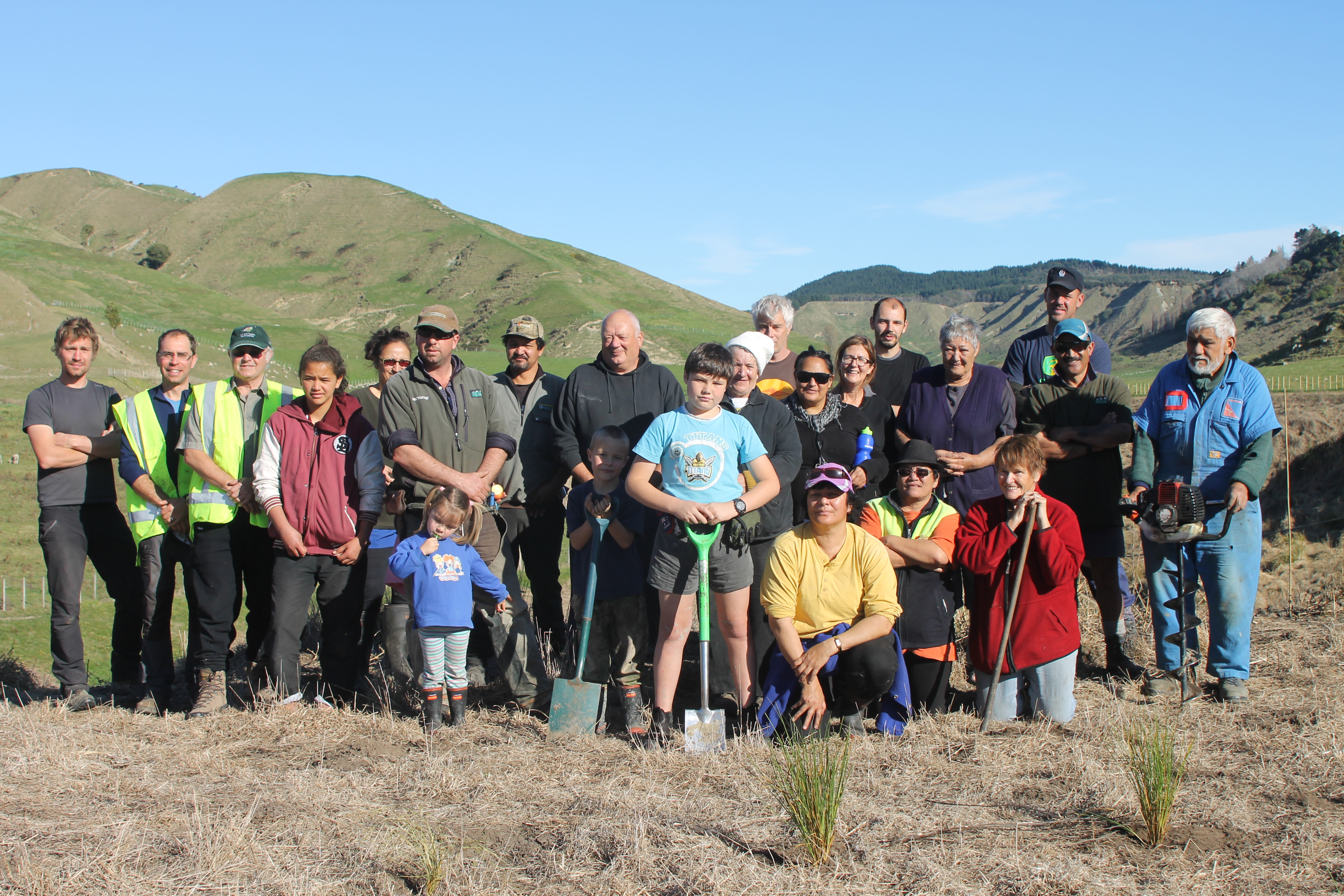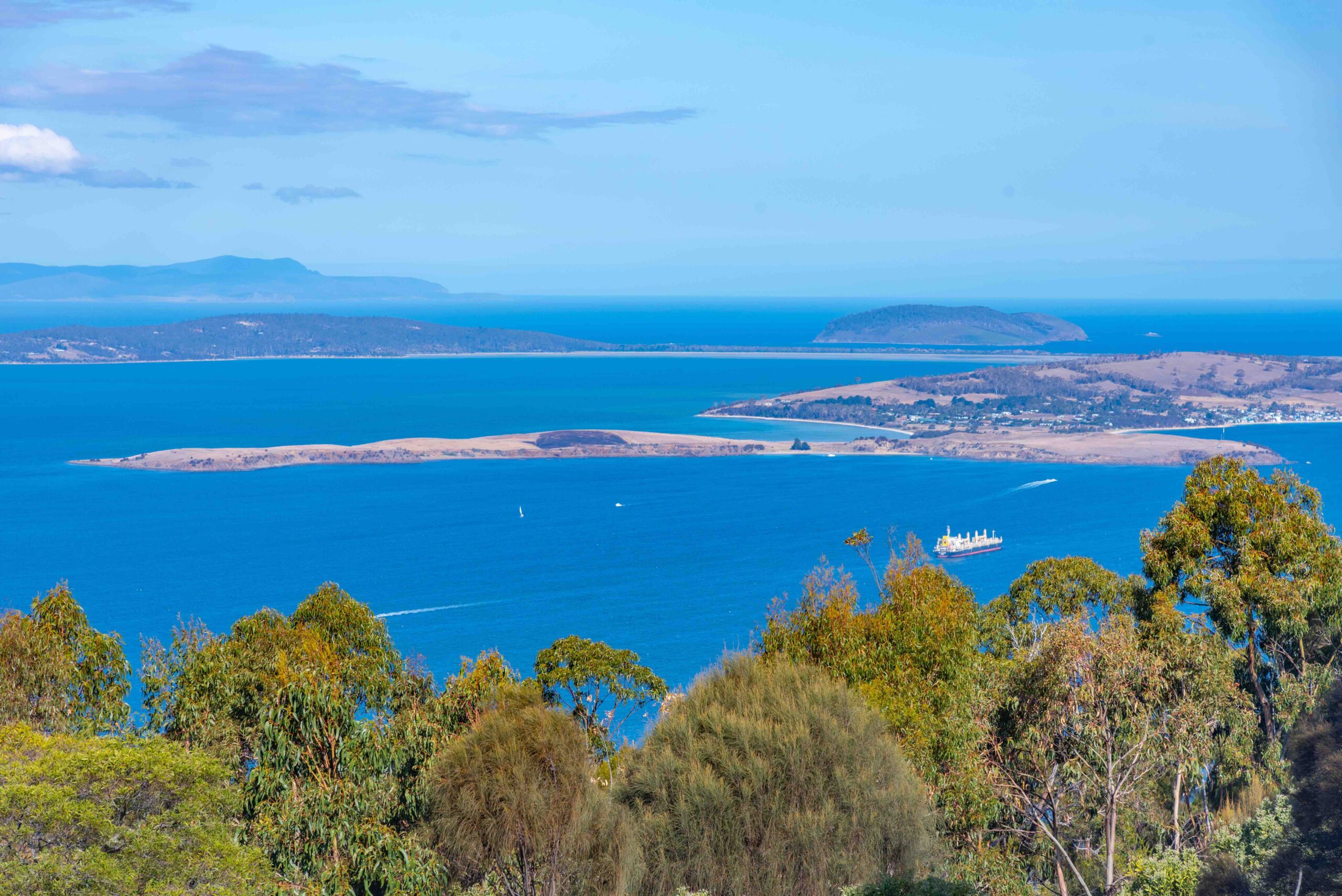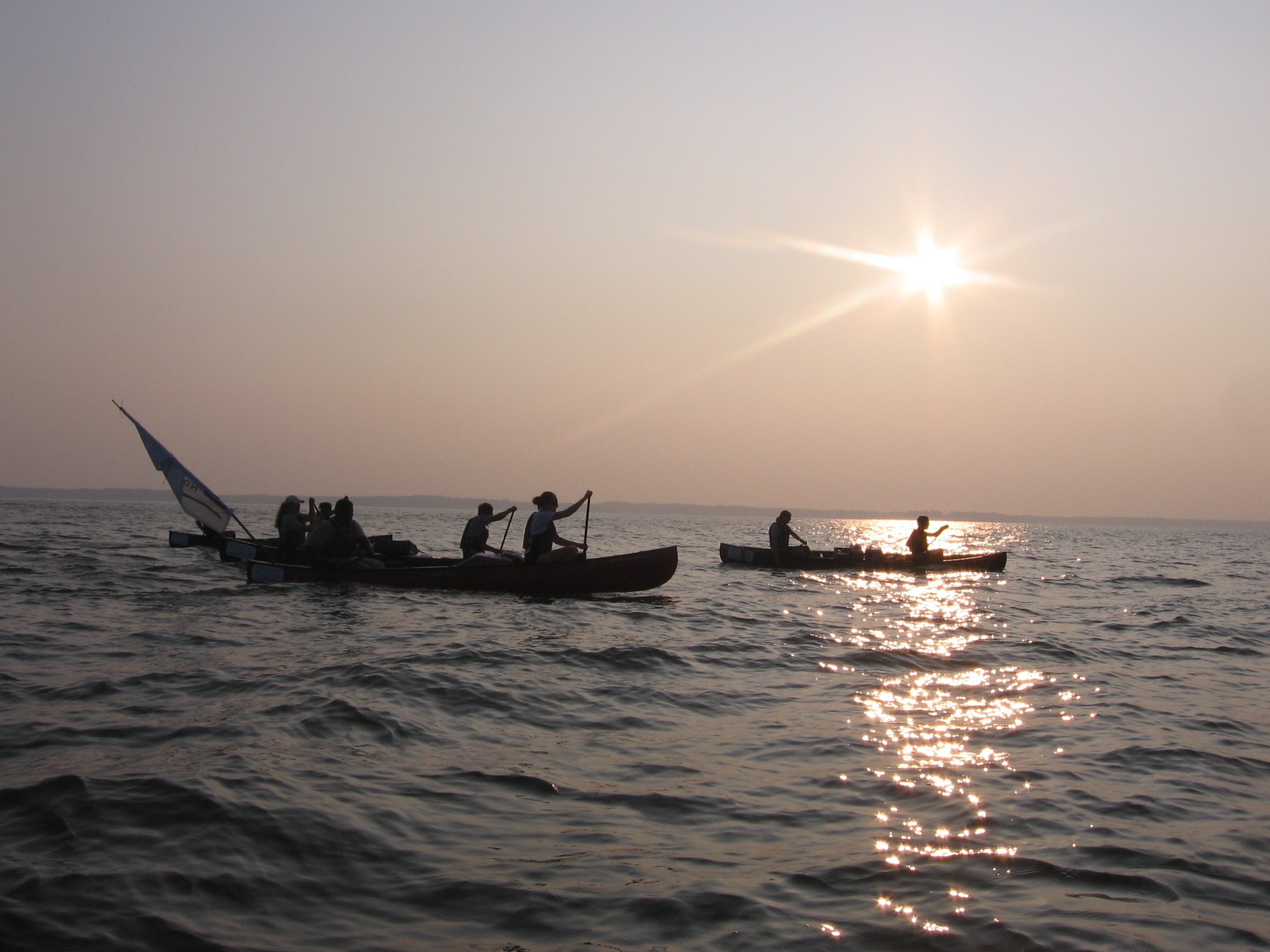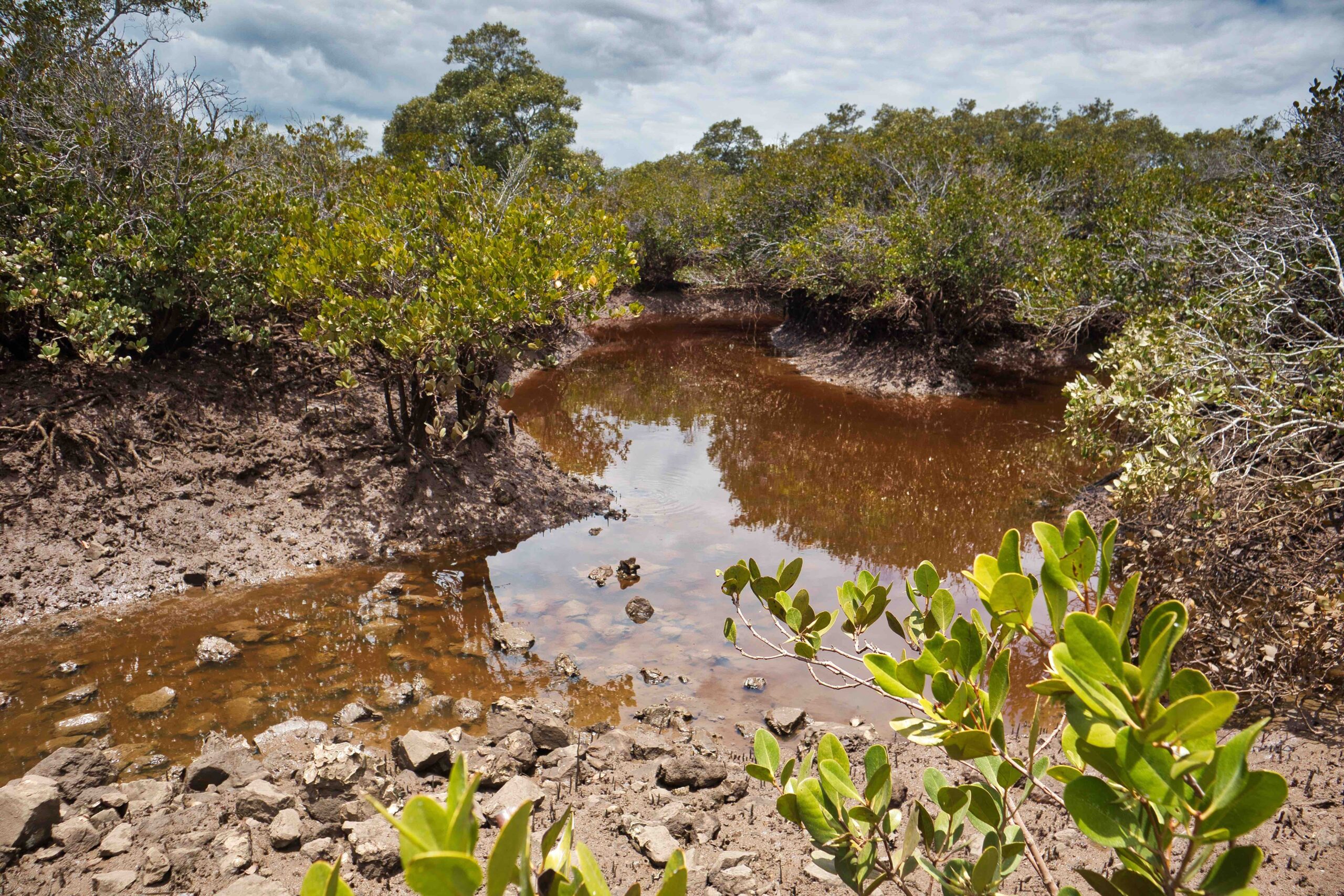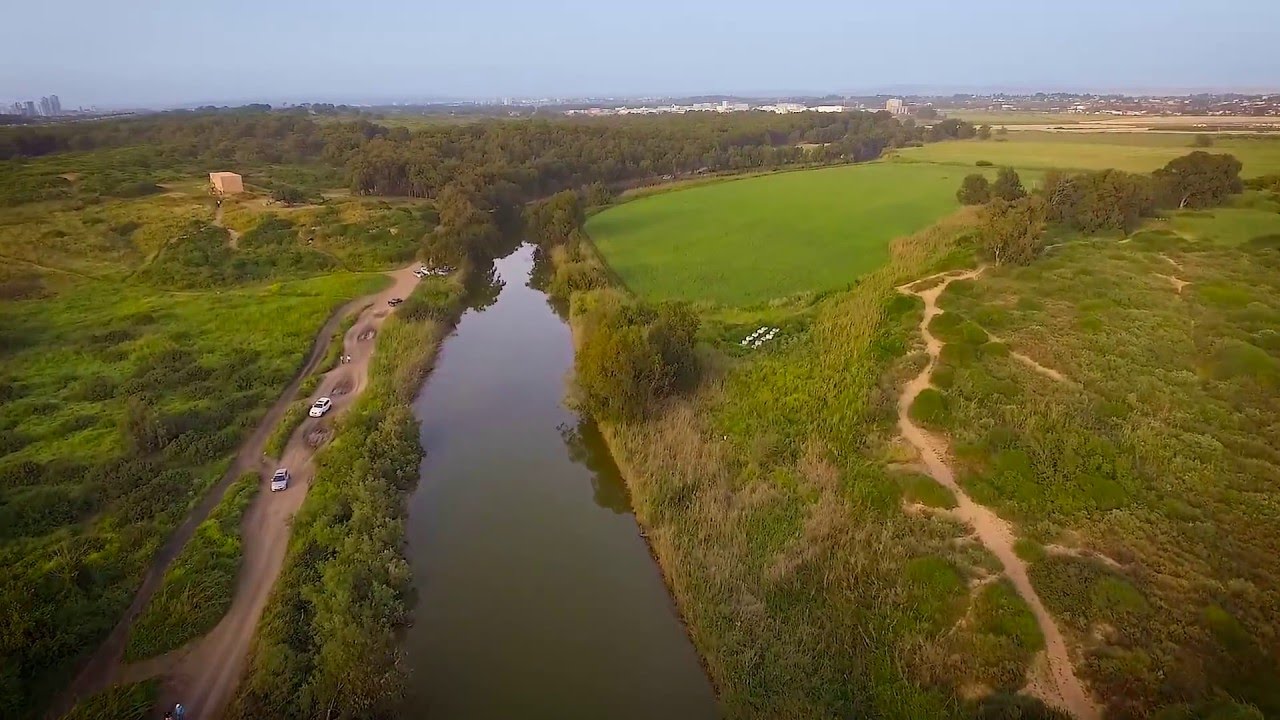River Thames, UK and Ganges River, India
The River Thames won the Thiess International Riverprize in 2010 for significant achievements in river restoration. 60 years ago, the River Thames was declared biologically dead. Due to the work of the Environment Agency and its predecessors and partners, the cleaner waters and improved habitats have encouraged the return of a whole range of wildlife, including otters and 125 species of fish in the tidal river.
Similar to the River Thames, the Yamuna River is a main tributary of the Ganges River and flows through New Delhi, the capital of India. The Yamuna has similar problems to those the Thames experienced in the 1950s. The Yamuna’s problems are mainly the result of the rapid population growth and industrialisation which India is experiencing. Whilst helping to bring the benefits of development to hundreds of millions of people, there are side effects on rivers and the essential services that they provide for people and nature.
The Thames – Ganges Twinning partnership was formed between the Thames River Restoration Trust (TRRT), the Peace Institute Charitable Trust of Delhi and WWF India in 2011. The Environment Agency made the charitable decision to donate the whole of the Thiess International Riverprize monies, not just the twinning portion, to TRRT for investment in the Twinning partnership.
As a result of this Twinning, more than fifty ‘Friends of the River’ groups have been built up along the whole 1,400 km of the Yamuna River and extensive catchment restoration has been undertaken. River health and village health monitoring have been established, and natural farming, waste management, sanitation and renewable energy initiatives have been introduced. Additionally, intensive field surveys have been conducted to monitor biodiversity and evaluate threats to species (including the critically endangered Gharial crocodile) and habitats. On the Upper Ganges, a project to reintroduce the Gharial has been successfully supported, along with community development projects. The project partners will continue to work together through activities such as the ‘Indian Rivers Week’ starting in November 2014.
In the future, Thames Rivers Trust will continue to work with all partners to disseminate the lessons learned from the project to help the restoration of other rivers in India and around the world.

